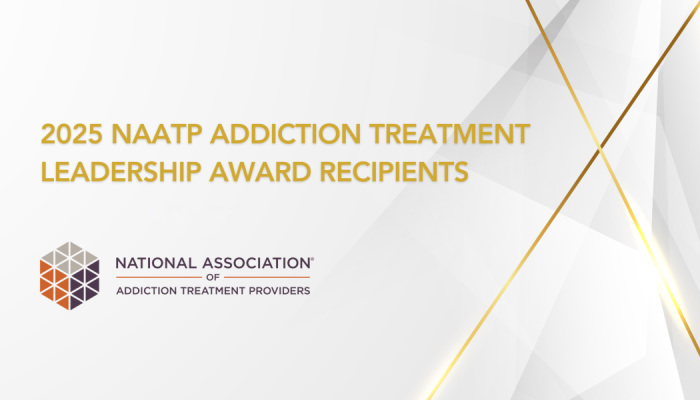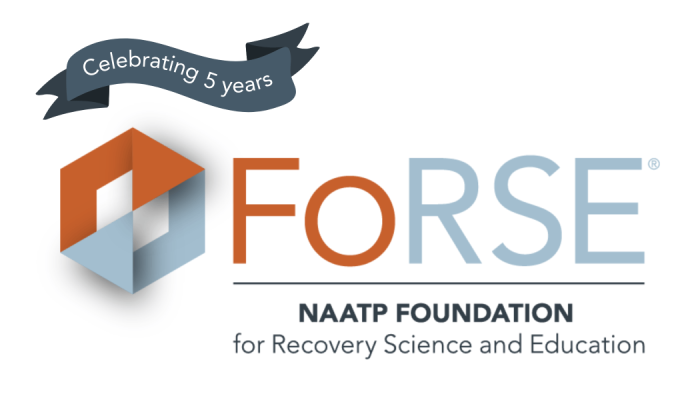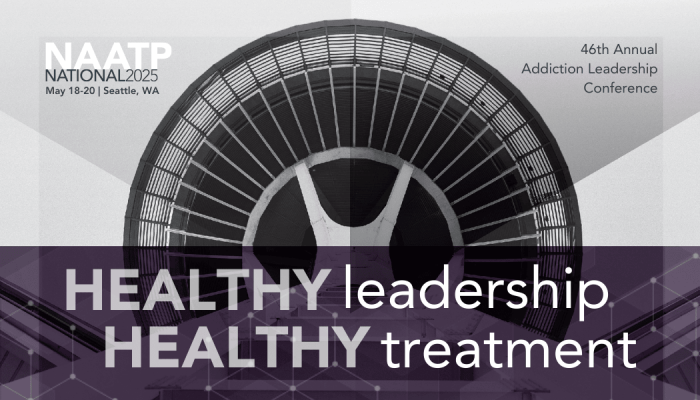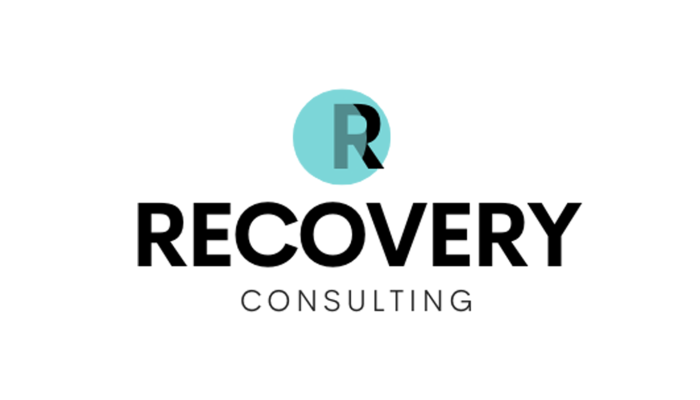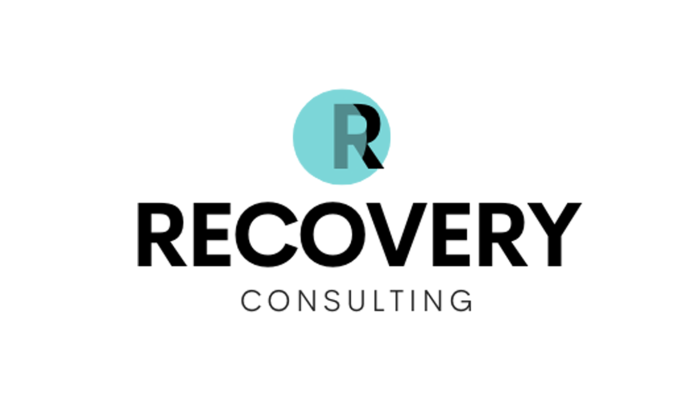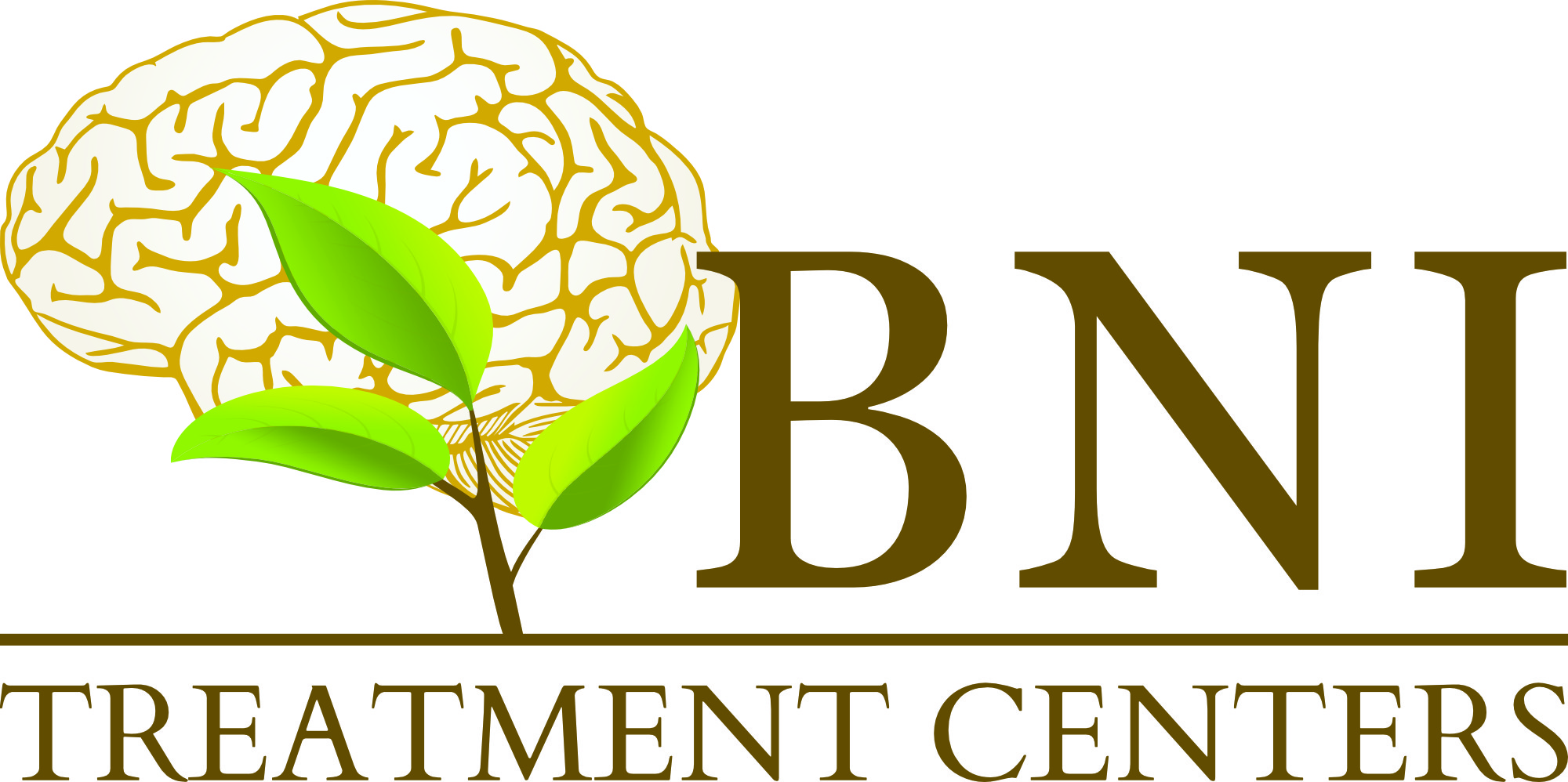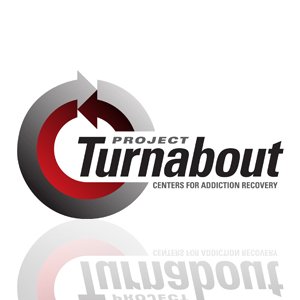Jan 14, 2025
With each new Administration and Congress, we are faced with different obstacles as well as opportunities. As new faces fill critical leadership roles, we have an obligation to try to help them understand the life-saving role our members play for millions of Americans each year. As we do that in 2025, our effectiveness will partly depend on the involvement and advocacy of our members with representatives from their states.
As we examine the incoming group of leadership, we will assess how to best represent the treatment field. As always, a balanced and sometimes nuanced approach is required. For some policy makers, the goal is to improve the lives of constituents by making certain quality treatment is accessible in their area. For others, the issue will be demonstrating that early intervention and quality treatment will save dollars within the health care system. We need to understand both arguments and be prepared to accurately present them where appropriate.
We are also prepared to defend the advancements the field has made in the past few years. That list will include the new rules that finally take major steps toward enforcing the Mental Health Parity and Addiction Equity Act. It will also include the recent increase in monetary cap for contingency management from $75 to $750 annually.
Reduction of treatment dollars through Medicaid will be a major issue. We will also strive to protect the Affordable Care Act as it relates to increasing access to care. As well as restore and pass the SUD related language removed last minute from the bill to fund the federal government last session. Ending the discrimination of Medicare patients by providing a residential benefit for treatment will continue to be a priority. And we will continue to monitor how SUD is integrated into physical healthcare as well as rules impacting the allowable prescription use of medications.
Thankfully, many NAATP policies have bi-partisan support. Some of the new committee chairs and proposed cabinet members have been previously supportive. We look forward to their continued positive contributions in Congress and the Administration.
As we focus on issues at the Federal level, we also understand the need for advocacy at the state and local level as well. For those interested we encourage our members to explore our State Advocacy Toolkit, a member-only resource designed to support your efforts in addressing policy issues related to addiction treatment. The NAATP State Advocacy Toolkit is an essential resource designed to empower members to effectively advocate for policies that support addiction treatment at the local and state levels. This comprehensive toolkit provides guidance on engaging with policymakers, understanding legislative processes, and addressing key issues such as parity enforcement, funding for treatment programs, and access to care. By utilizing the toolkit, members can amplify their voices to drive systemic change, promote ethical practices, and improve outcomes for individuals struggling with addiction. Whether organizing grassroots campaigns, drafting policy briefs, or meeting with local legislators, the toolkit equips members with the tools they need to advocate for meaningful reform in their communities. Access the State Advocacy Toolkit today to make a difference in shaping the future of addiction treatment.
We appreciate the support and involvement of members at every level. Our ability to effectively represent you is greatly enhanced because of your participation.




